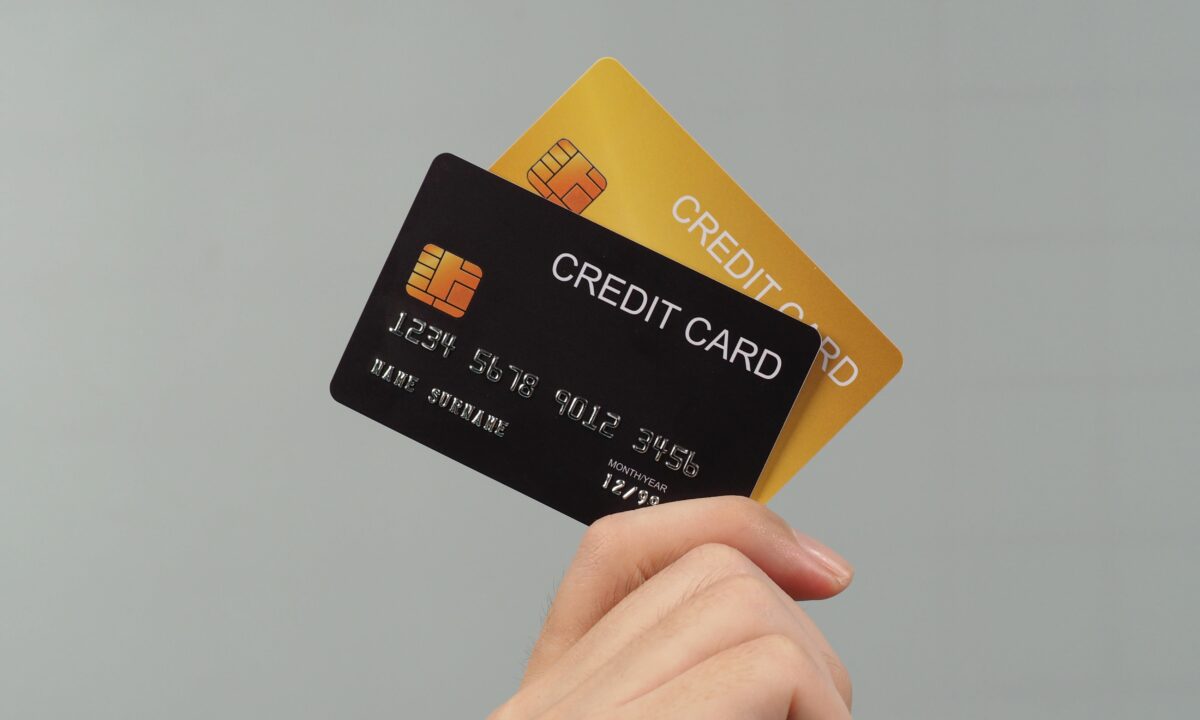Credit card debt forgiveness can be a crucial lifeline for consumers who find themselves burdened by overwhelming debt. It offers a glimmer of hope and relief, providing a way to break free from the shackles of financial stress. But what exactly is credit card debt forgiveness, and how does it work? Let’s delve into the intricate details of this essential financial concept, exploring the various strategies and programs available to help individuals regain their financial footing and achieve a brighter, debt-free future.

What is Credit Card Debt Forgiveness?
Credit card debt forgiveness is when a creditor, typically a credit card company or lender, forgives or cancels a portion or all of the debt you owe. This often happens when a debtor is in severe financial distress and unable to meet their debt obligations. It is an agreement between the creditor and debtor to settle the debt for less than what is owed, effectively wiping out a significant portion of the debt burden.
However, debt forgiveness isn’t handed out lightly. It typically occurs under specific circumstances such as financial hardship, bankruptcy, or through negotiation with the creditor, often resulting in a settlement agreement. Additionally, debt forgiveness may have tax implications, as the IRS often considers the forgiven amount taxable income. Therefore, it’s essential to carefully consider all factors and consult with a financial advisor before pursuing this option.
How Does Credit Card Debt Forgiveness Work?
There are several increases in the overall cost, each with its own pros and cons. Here are the most common ways that credit card debt forgiveness works:
Debt Settlement
Debt settlement is a process of negotiating with creditors to reduce the amount owed and settle the debt for a lower amount. It involves working with a debt settlement company or doing it yourself by contacting your creditor directly. The debtor agrees to make a lump-sum payment, typically less than the total outstanding balance, and the creditor forgives the remaining debt. However, this method can negatively impact your credit score and may have tax implications.
Debt Consolidation
Debt consolidation involves combining multiple debts into one loan with a lower interest rate. It allows you to make a single monthly payment instead of juggling multiple payments, making it easier to manage your debt. You can do this through a balance transfer to a new credit card with a lower interest rate or a debt consolidation loan. However, be cautious of potential fees and interest rates that may increase the overall cost. Read Also: Gas Saver’s Guide: 23 Tips for Cutting Fuel Costs
Debt Management Plan
A debt management plan (DMP) is an agreement between you and your creditor to repay your debts on a more manageable schedule. It involves working with a credit counseling agency to negotiate lower interest rates and more affordable payments with your creditors. While this method may not reduce the overall debt amount, it can make it easier to repay what you owe.
Bankruptcy
Bankruptcy is a legal process that allows individuals or businesses to eliminate or restructure their debts under court supervision. It should only be considered as a last resort, as it can have severe long-term consequences for your credit and financial stability. There are two types of bankruptcy: Chapter 7, which involves liquidation of assets to pay off debts, and Chapter 13, which involves a repayment plan over three to five years.

The Impact on Your Credit Score
Debt forgiveness can have a significant impact on your credit score. Settled debts, for example, will appear on your credit report and can lower your score. The same is true for bankruptcy, which can stay on your credit report for up to ten years. However, the impact on your credit score may be worth it if it allows you to break free from insurmountable debt and rebuild your financial health. Read Also: New Child Tax Credit Policy: What You Need to Know for 2024
Additionally, the exact impact will depend on various factors, including the rest of your credit history and the amount of debt forgiven. It’s crucial to weigh these potential implications against the immediate relief that debt forgiveness can provide. Furthermore, it’s essential to continue practicing good financial habits after receiving debt forgiveness to improve your credit score over time.
Tips for Successful Negotiation and Improving Credit Health
If you’re considering debt forgiveness, here are a few tips:
- Know Your Rights: Familiarize yourself with the Fair Debt Collection Practices Act (FDCPA), which offers protections against unfair debt collection practices.
- Get Professional Help: Consider hiring a reputable debt settlement company or attorney to negotiate on your behalf.
- Communicate in Writing: Always communicate with creditors in writing and keep copies of all correspondence.
- Plan for Tax Implications: Forgiven debt may be considered taxable income, so consult with a tax advisor to understand potential implications.
It’s essential to take steps to improve your credit health and prevent future debt problems. This can include budgeting effectively, monitoring your credit report, and making on-time payments.
Bottom Line
Credit card debt forgiveness can offer a way out for individuals struggling with significant debt. However, it’s crucial to understand the process thoroughly, including its potential impact on your credit score, before proceeding. Always consult with a financial advisor or credit counselor to explore all your options and find the best solution.



